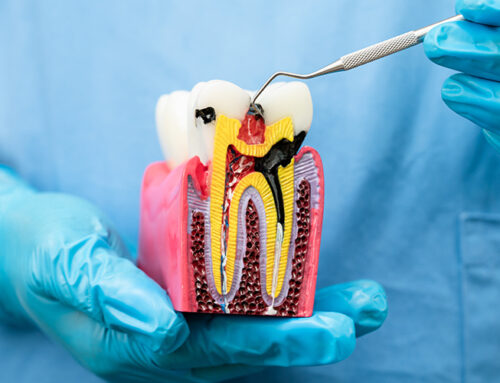Dental Care: A Must-Do During Pregnancy?
The Importance of Dental Care During Pregnancy
Yes, it is safe to visit the dentist during pregnancy, and in fact, it’s crucial for maintaining overall health. Here’s why:
- Hormonal Changes and Oral Health:
- During pregnancy, your body experiences hormonal shifts. Increased levels of estrogen and progesterone can affect your oral health.
- These hormones enhance blood flow to your gums, making them more sensitive and prone to inflammation.
- The result? Pregnant women are at an increased risk of gum disease (gingivitis).
- Gingivitis and Beyond:
- Gingivitis is characterized by red, swollen gums that bleed easily. It’s uncomfortable but usually reversible with proper care.
- However, if left untreated, gingivitis can progress to a more severe form called periodontitis. This condition affects the supporting structures of your teeth and can lead to tooth loss.
- The Pregnancy Connection:
- Some studies suggest a link between periodontitis and adverse pregnancy outcomes, such as preterm birth and low birth weight.
- While more research is needed, maintaining good oral health during pregnancy is essential for both you and your baby.
Safe Dental Treatments During Pregnancy
- Routine Dental Visits:
- Regular dental check-ups are safe and recommended during pregnancy.
- Inform your dentist about your pregnancy so they can tailor treatments accordingly.
- Basic Dental Procedures:
- Cleanings, X-rays (with proper shielding), and fillings are generally safe.
- Delaying necessary dental work can lead to complications, so don’t hesitate to seek treatment.
- Gum Surgery and Major Dental Work:
- Contrary to old myths, you don’t need to postpone gum surgery or major dental procedures until after childbirth.
- If you require treatment, discuss it with your dentist. They’ll consider your specific situation and ensure your safety.
Tips for Maintaining Good Oral Health During Pregnancy
- Brush Twice a Day:
- Use fluoride toothpaste and brush for two minutes each time.
- After brushing, avoid rinsing your mouth with water to allow the fluoride to work.
- Clean Between Your Teeth:
- Use interdental brushes, dental floss, or water flossers to remove food particles stuck between teeth.
- Regular cleaning prevents plaque buildup.
- Watch Your Diet:
- Limit sugary snacks and drinks, especially between meals.
- Opt for tooth-friendly snacks like fruits, vegetables, and cheese.
- Avoid Alcohol-Containing Mouthwash:
- Some mouthwashes contain alcohol, which is best avoided during pregnancy.
- Choose alcohol-free alternatives.
- Quit Smoking:
- Smoking harms your gums, worsens existing gum disease, and negatively affects your baby’s health.
- Seek support to quit if you’re a smoker.
Free NHS Dental Treatment During Pregnancy
- Entitlement:
- If you’re pregnant when you start treatment, you’re entitled to free NHS dental care during pregnancy.
- You’re also eligible for free treatment for 12 months after your baby is born.
- Finding an NHS Dentist:
- Not all dentists accept new NHS patients, so be prepared to search for one.
- Check directories provided by the NHS in your country (England, Wales, Scotland, or Northern Ireland).
Remember, taking care of your oral health during pregnancy benefits both you and your baby. Don’t skip those dental appointments—your smile and your little one will thank you! 🌟🦷






